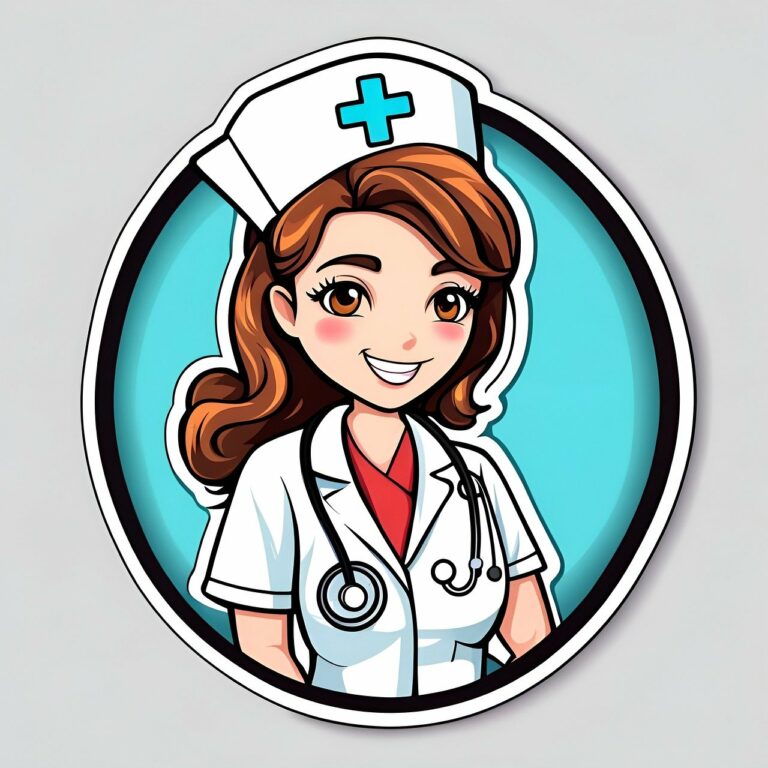How to Address Speech Therapy Needs in Juvenile Justice Systems
play exchange 99, lotus365 login, playxchange:Addressing Speech Therapy Needs in Juvenile Justice Systems
When it comes to the juvenile justice system, there are many factors to consider in order to ensure that young offenders receive the support and services they need to successfully reintegrate into society. One often overlooked aspect of this process is addressing speech therapy needs for those individuals who may struggle with communication disorders. In this article, we will explore the importance of speech therapy in juvenile justice systems and provide tips on how to effectively address this need.
Why is Speech Therapy Important in Juvenile Justice Systems?
Speech therapy plays a crucial role in the rehabilitation and reintegration of young offenders in the juvenile justice system. Communication disorders can negatively impact a young person’s ability to express themselves, understand others, and engage in meaningful interactions. These challenges can lead to frustration, social isolation, and difficulty in school or vocational settings.
By providing speech therapy services to young offenders, we can help them develop essential communication skills, improve their self-esteem, and increase their chances of successful reintegration into society. Speech therapy can also help young individuals gain the confidence and tools they need to navigate challenging situations and build positive relationships with peers, mentors, and authority figures.
How to Address Speech Therapy Needs in Juvenile Justice Systems
1. Identify Speech Therapy Needs Early: It is essential to assess the communication abilities of young offenders as soon as they enter the juvenile justice system. By identifying speech therapy needs early on, we can create individualized treatment plans that address each individual’s specific challenges and goals.
2. Collaborate with Speech Therapy Professionals: Juvenile justice systems should work closely with speech therapy professionals to develop comprehensive intervention strategies for young offenders. These professionals can provide valuable expertise, guidance, and support to help address communication disorders effectively.
3. Incorporate Speech Therapy into Treatment Programs: Speech therapy should be integrated into the overall treatment programs offered in juvenile justice systems. By including speech therapy services as part of a holistic approach to rehabilitation, young offenders can receive consistent support and care to help them improve their communication skills over time.
4. Provide Ongoing Support and Monitoring: It is important to provide ongoing support and monitoring for young offenders receiving speech therapy services. Regular check-ins, progress assessments, and adjustments to treatment plans can help ensure that individuals are making positive strides in their communication abilities.
5. Offer Education and Training for Staff: Juvenile justice system staff members should receive education and training on how to support young offenders with communication disorders. By increasing awareness and knowledge about speech therapy needs, staff can better understand how to assist individuals in developing essential communication skills.
6. Advocate for Continued Access to Speech Therapy Services: Advocacy plays a crucial role in ensuring that young offenders have continued access to speech therapy services throughout their time in the juvenile justice system. By advocating for the importance of speech therapy, we can help secure resources and support for individuals in need.
By following these guidelines and prioritizing speech therapy needs in juvenile justice systems, we can make a positive impact on the rehabilitation and reintegration of young offenders.
FAQs
Q: How common are communication disorders among young offenders in juvenile justice systems?
A: Communication disorders are prevalent among young offenders in juvenile justice systems, with research indicating that a significant percentage of individuals may struggle with speech and language challenges.
Q: What are some signs that a young person may benefit from speech therapy services?
A: Signs that a young person may benefit from speech therapy services include difficulty expressing themselves, understanding others, following directions, and engaging in conversations.
Q: How can families support a young offender who is receiving speech therapy services?
A: Families can support a young offender receiving speech therapy services by encouraging practice at home, attending therapy sessions, communicating with therapists, and providing ongoing encouragement and support.
Q: Are there resources available to help young offenders access speech therapy services in juvenile justice systems?
A: Yes, there are resources available to help young offenders access speech therapy services in juvenile justice systems, including government programs, community organizations, and advocacy groups dedicated to supporting individuals with communication disorders.
In conclusion, addressing speech therapy needs in juvenile justice systems is essential for promoting the successful rehabilitation and reintegration of young offenders. By prioritizing speech therapy services, collaborating with professionals, and advocating for continued support, we can help individuals develop essential communication skills and improve their overall quality of life.







